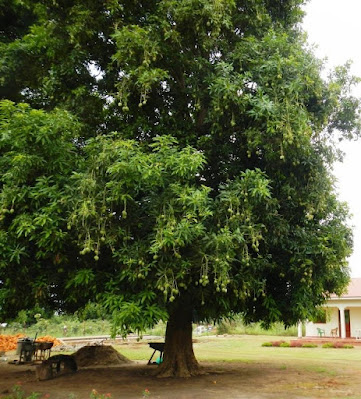Arts For Social and Economic Impact

THE CREATIVITY THAT IS ARTS While the Arts have and continue to play an import ant role globally, in curriculums of most Developing Countries in Africa, Arts is undermined. In Malawi, for instance the success of students has mostly been measured by classroom credit hours in other subjects but Arts. My passion for Arts began 20 years ago when I was in primary school. I remember loving music and dance. Among all my friends, I was well known as the dancer. When I was 10 years old, I loved the Congolese genre of music called Rhumba. Rhumba was the music. The beat in rhumba felt like nothing else. I grew up in church. When I was in secondary school, I envied the choir members at our local church. I was curious to know what made the jazzmen and vocalists unique. Why they were able to make music while the rest of us couldn’t? The piano players were always my favorite. Somehow, at the age 15 my ears had already learnt to distinguish a good pianist from a not so good one. My mind ha




